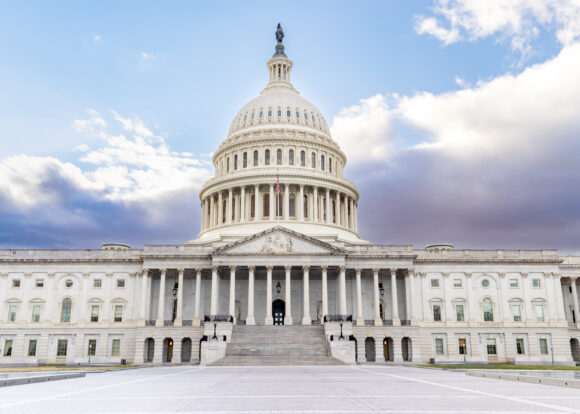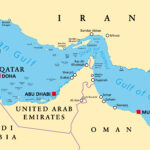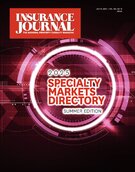When Trump’s huge tax bill was signed into law July 4, missing were changes to the taxes third-party litigation funders pay.
Once included within the One Big Beautiful Bill (OBBB) was language to tax earnings by litigation funders at a rate of nearly 41%. Critics have said the litigation funding industry was not taxed enough or, in some cases, not at all–especially foreign investors.
The insurance industry has routinely blamed third-party litigation funding (TPLF)–investments in lawsuits in exchange for a percentage of a settlement or judgment–for the rapid increase in litigation costs. According to a new consumer guide on legal system abuse from the Insurance Information Institute (Triple-I) and Munich Re US, legal system abuse costs each American family about $6,664 more for goods and services, and costs small businesses $160 billion in tort costs.
The insurance industry has lobbied to rein in the practice, looking to potential tax reform as an opportunity.
In a statement sent to Insurance Journal, Jimi Grande, senior vice president of federal and political affairs for the National Association of Mutual Insurance Companies (NAMIC), said the provisions once in the bill would have been a “win for Congress, the Trump Administration, and American consumers and businesses.”
Instead, shortly before the House vote, the Senate parliamentarian ruled the proposed tax increases for profits connected to TPLF violated certain budget rules. The language was removed from the mammoth bill.
“Due to some misinformation, partisanship, and efforts of those who profit off the U.S. court system, the Senate parliamentarian decided to rule against the closing of the tax loophole, which led to its removal from the OBBB,” Grande said. “Keeping this foreign funder loophole open means additional billions will fuel legal system abuse, and these foreign entities will continue paying nothing in U.S. taxes. American citizens will keep footing the bill as trial lawyers and litigation funders are incentivized to keep doing business as usual, contributing to a more litigious society and out-of-control tort costs impacting nearly the entire economy.”
Meanwhile, the International Legal Finance Association (ILFA) called the decision to omit the tax on TPLF a “clear victory for Americans.” The ILFA said litigation funding is “a vital mechanism that enables individuals and small businesses to seek justice against well-funded defendants.”
“Rather than curbing ‘predatory’ behavior, this bill would shift power away from consumers and small businesses and into the hands of the very industries–Big Tech, Big Pharma, and Big Insurance–that most often seek to avoid liability for their misconduct,” said the global TPLF trade association.
Topics Lawsuits
Was this article valuable?
Here are more articles you may enjoy.



 Hackers Used AI to Breach 600 Firewalls in Weeks, Amazon Says
Hackers Used AI to Breach 600 Firewalls in Weeks, Amazon Says  Marine Insurers Cancel War Risk Cover as Iran Conflict Escalates
Marine Insurers Cancel War Risk Cover as Iran Conflict Escalates  AI Lost Out to Traditional Models in Forecasting NYC’s Blizzard
AI Lost Out to Traditional Models in Forecasting NYC’s Blizzard  Florida Appeals Court Pulls the Plug on Physician Dispensing in Workers’ Comp
Florida Appeals Court Pulls the Plug on Physician Dispensing in Workers’ Comp 



